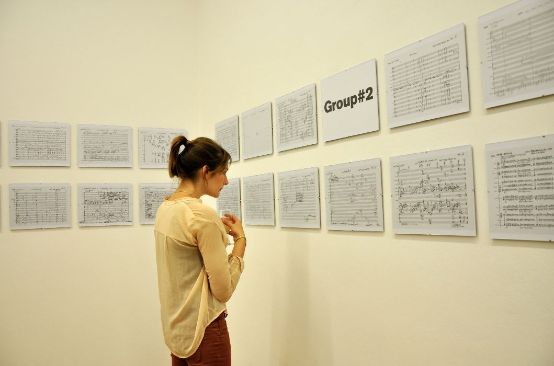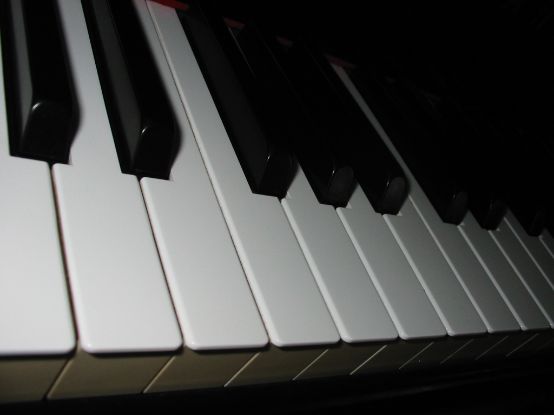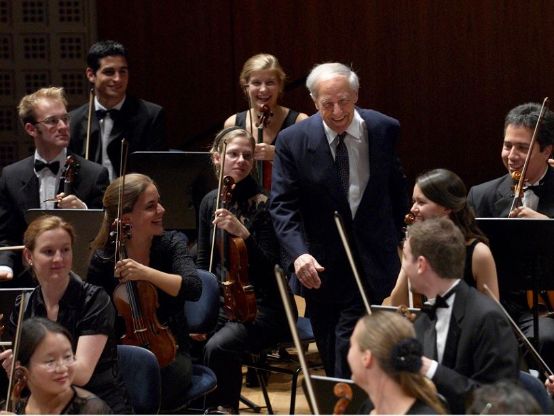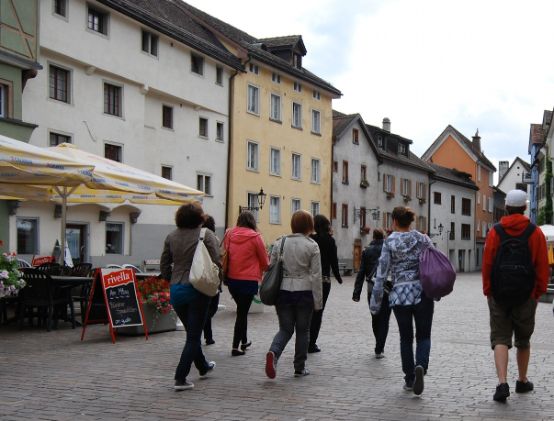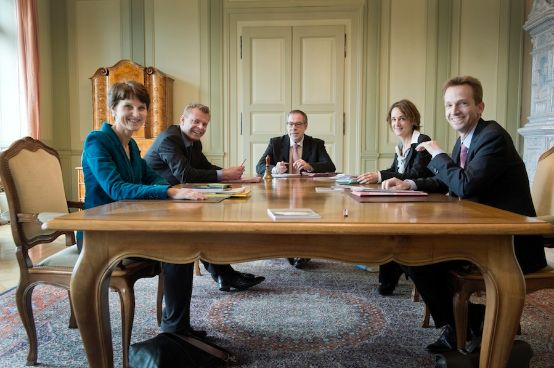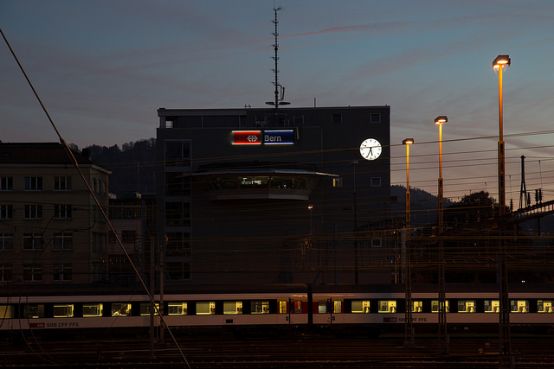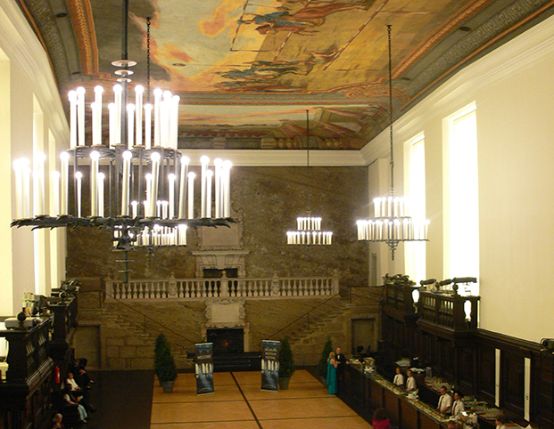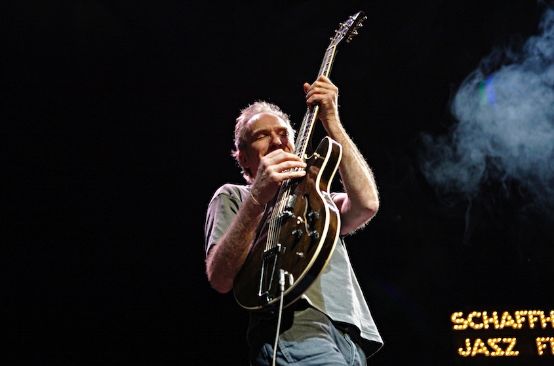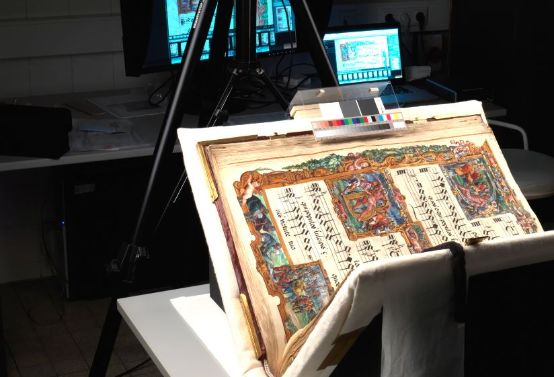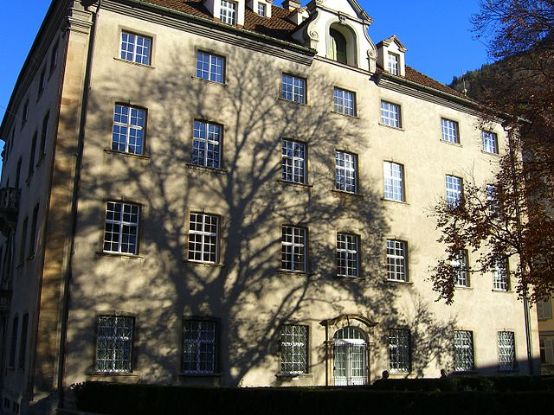Exile and migration in music culture
The "Szenenwechsel" music festival at Lucerne University of Applied Sciences and Arts presents works relating to political, economic or private experiences of exile. The international symposium "Exile and Emigration in Music Culture" will be held in parallel.
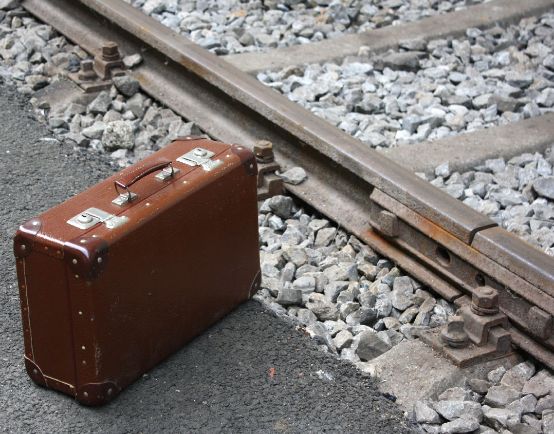
The symposium, sponsored by the Swiss National Science Foundation, "opens up the perspective on all situations in which people leave their homeland for political, religious and economic reasons, either physically or in the sense of internal emigration, and invites discussion of the latest findings on musical exile and emigration research".
The festival will take place in Lucerne from January 24 to 29, 2016. The Junge Philharmonie Zentralschweiz and the Lucerne Symphony Orchestra will be giving a joint concert for the first time.
The festival and in particular a symphony concert on January 27 are dedicated to conductor Israel Yinon (1956-2015), who died unexpectedly at last year's festival during the performance of the "Alpine Symphony" with the Junge Philharmonie Zentralschweiz. "The theme of exile and emigration was close to the cosmopolitan and was always on his mind," says Michael Kaufmann, Director of the University of Music.
More info: www.hslu.ch/szenenwechsel






